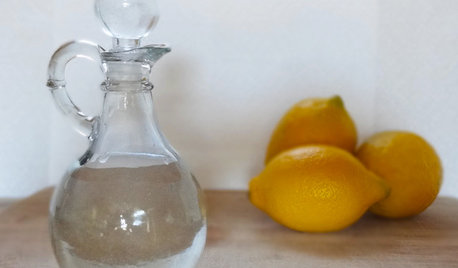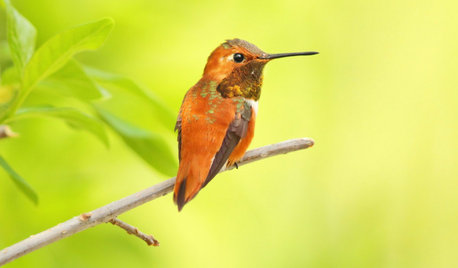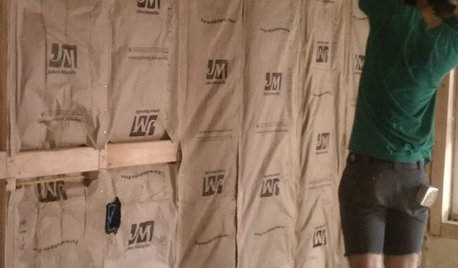Boric Acid to kill ants in pots?
mvr2014
9 years ago
Featured Answer
Sort by:Oldest
Comments (14)
woohooman San Diego CA zone 10a
9 years agoseysonn
9 years agoRelated Professionals
New Bedford Landscape Architects & Landscape Designers · Ballenger Creek Landscape Architects & Landscape Designers · Rancho Palos Verdes Landscape Architects & Landscape Designers · Avocado Heights Landscape Contractors · Brandon Landscape Contractors · Bridgeview Landscape Contractors · Canby Landscape Contractors · Downey Landscape Contractors · Farmington Landscape Contractors · Firestone Landscape Contractors · Merced Landscape Contractors · North Haven Landscape Contractors · Oxnard Landscape Contractors · Soddy Daisy Landscape Contractors · Palos Hills Landscape Contractorsgreenman28 NorCal 7b/8a
9 years agosmokemaster_2007
9 years agonortheast_chileman
9 years agonc_crn
9 years agopkapeckopickldpepprz
9 years agodrew51 SE MI Z5b/6a
9 years agotapla (mid-Michigan, USDA z5b-6a)
9 years agoseysonn
9 years agoteganh1
9 years agowoohooman San Diego CA zone 10a
9 years agotapla (mid-Michigan, USDA z5b-6a)
9 years ago
Related Stories

HOUSEKEEPINGHow to Clean Your Cookware So It Lasts
Avoid damage during everyday cleaning and stain scrubbing, with these tips for pots and pans made of popular materials
Full Story
FARM YOUR YARDHow to Grow Vegetables in Containers
Get glorious vegetables and fruits on your patio with a pro’s guidance — including his personal recipe for potting mix
Full Story
MOST POPULARHow to Get Rid of Those Pesky Summer Fruit Flies
Learn what fruit flies are, how to prevent them and how to get rid of them in your home
Full Story
FARM YOUR YARDHow to Build a Raised Bed for Your Veggies and Plants
Whether you’re farming your parking strip or beautifying your backyard, a planting box you make yourself can come in mighty handy
Full Story
HOUSEKEEPINGVinegar and Voilà: Clean Your House the Natural Way
Ditch the commercial cleaners for nontoxic, inexpensive and versatile white vinegar
Full Story
GARDENING GUIDESBackyard Birds: Invite Entertaining Hummingbirds Into Your Garden
Hummingbirds — unique to the Americas — zip through open landscapes seasonally or year-round. Here’s how to attract them
Full Story
MOST POPULAR33 Magic Household Cleaning Tips
Houzzers from around the world share their tips for transforming housework into child’s play
Full Story
GARDENING GUIDESGarden Myths to Debunk as You Dig This Fall and Rest Over Winter
Termites hate wood mulch, don’t amend soil for trees, avoid gravel in planters — and more nuggets of garden wisdom
Full Story
EDIBLE GARDENSHow to Grow Your Own Sweet Summer Crops
This guide will help any gardener get started on growing the freshest warm-season veggies and berries for summer
Full Story
REMODELING GUIDESCool Your House (and Costs) With the Right Insulation
Insulation offers one of the best paybacks on your investment in your house. Here are some types to discuss with your contractor
Full StorySponsored
Central Ohio's Trusted Home Remodeler Specializing in Kitchens & Baths






smokemaster_2007